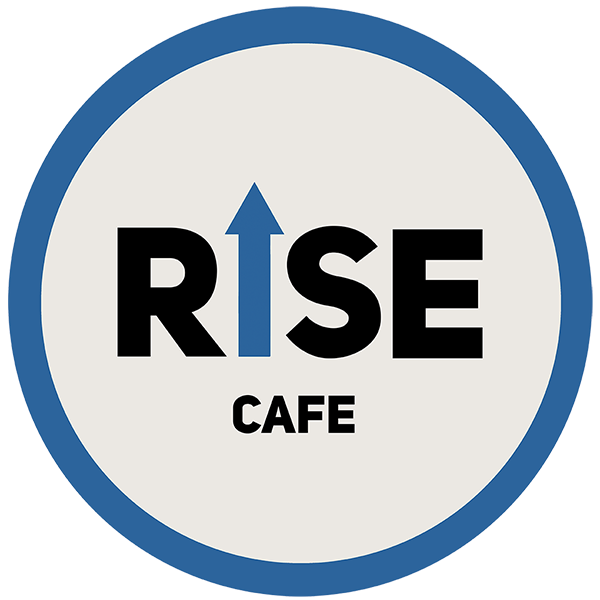RISE UP CAFE TEAM MEMBER INTERACTION TIPS
People-First Language
Offensive Terms
- Handicapped
- Disabled
- Retarded
- Crippled or Quadriplegic
- Deaf and Dumb
- Mentally Different
- Autistic
- Epileptic
- Diseased
- Wheelchair-bound
- Emotionally Disturbed
- Normal or Healthy Kids
- Dwarf or Midget
- A “Patient”
- A “Case” or “Client”
- Slow
- Infirmed
- Unfortunate
- “Suffers from”
- “Victim of”
Offensive Phrases
Here are a few ways to respectfully reword phrases:
- Instead of “a disabled person,” say “a person with disabilities”
- Instead of “a special needs person,” say “a person with special needs”
- Instead of “wheelchair-bound person,” say “a person in a wheelchair”
- Instead of “autistic person,” say “a person with autism”
- Instead of “dwarf or midget,” say “a person of short stature”
- Instead of “normal or healthy kids,” say “typical kids or kids without disabilities”
The key thing to remember is to put the person first. They are not their disability; they are first and foremost a person with feelings and emotions just like you.
General Tips for Communicating
Ask the person with a disability for permission to provide hands-on assistance. Before you help or instruct individuals with disabilities on how to complete a task, ask them how you can best assist them.
Address a person with a disability just as you would any other person. Do not alter your voice or speak in a simplified or childish manner. Do not talk about any of them as if they aren't in your presence or don't understand what you are saying. Don’t be afraid to say, "could you repeat that?”
It is acceptable to offer a handshake during introductions even if the other person has limited mobility in their hand or has an artificial limb.
If an interpreter is present, speak directly to the person and not their interpreter.
Do not lean on anyone’s wheelchair.
Do not interact with service animals without asking first.
If the person with whom you are speaking has a visual disability, make sure to identify yourself and any people who may be accompanying you.
Be patient if the person with whom you are speaking has trouble understanding you. Instead of getting frustrated, raising your voice in an unpleasant manner, or walking away from the conversation, phrase what you are trying to say in a different way.
Preventing and Handling Uncomfortable Situations
If you find yourself in an uncomfortable situation, don’t be afraid to ask for help.
Some signs of overstimulation include: yelling, screaming, crying, extreme fidgeting, fearful looks and / or aggressive behavior. If this happens to one of the team members, redirect them to a quieter location and notify the manager on duty.
Maintain your composure and speak kindly at all times.
Never go off alone with one of the team members. Make sure you maintain physical boundaries and don’t in any way encourage a team member to view you as their boyfriend / girlfriend.
If you are unsure of how to work effectively with a team member, ask a manager for assistance.
If you decide that helping in the shop is not comfortable for you, it’s fine — just please let us know immediately so that we can take you off the schedule.
Employer Assistance and Resource Network on Disability Inclusion
Here’s a great resource for those who want to promote disability inclusion in the workforce: EARN
Contact Us
If you have any questions, please email or contact:
OR
Rise Up Cafe
1534 State St.
Sarasota, FL 34236
941-217-6449
